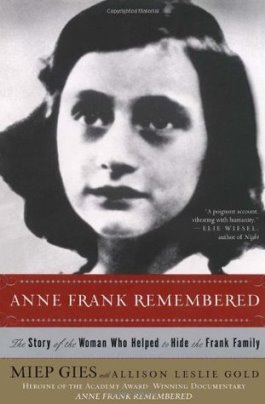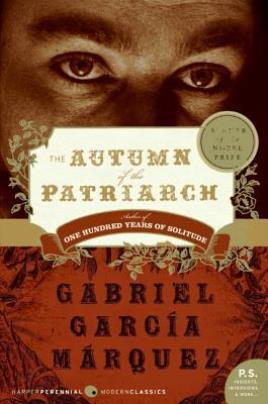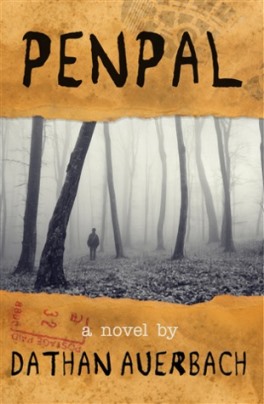Introduction of the ebook: Anne Frank Remembered: The Story of the Woman Who Helped to Hide the Frank Family
Đánh giá : 4.27 /5 (sao)
The reminiscences of Miep Gies, the woman who hid the Frank family in Amsterdam during the Second World War, presents a vivid story of life under Nazi occupation.
Review ebook Anne Frank Remembered: The Story of the Woman Who Helped to Hide the Frank Family
If a person has heard Miep Gies speak, this book is extactly like her speech. She may have a co-author, but her voice comes though loud and clear.
Like the documentry about Anne Frank, this book does much in dispelling some of the myths that surrond the Frank family and thier assoicates. In many ways, Otto and Anne Frank still dominant the book. In part, this is because Gies had a closer relationship to Mr. Frank, and in part because of the popularity of Anne Frank’s diary. Gies, however, brings If a person has heard Miep Gies speak, this book is extactly like her speech. She may have a co-author, but her voice comes though loud and clear.
Like the documentry about Anne Frank, this book does much in dispelling some of the myths that surrond the Frank family and thier assoicates. In many ways, Otto and Anne Frank still dominant the book. In part, this is because Gies had a closer relationship to Mr. Frank, and in part because of the popularity of Anne Frank’s diary. Gies, however, brings a different prespective to several of the attic residents. The Van Danns become more just Anne’s fighting couple and are shown to be as intelligent and as generous as the Franks. Gies points out that Anne’s diary was lucky enough to surive, while Margot’s was not. She shows that Edith Frank was willing, encouraged, her husband and children to escape to America, even if it meant living her behind.
Gies expresses regret over how some of the residents, in particular Dussel, where protrayed in various film versions.
Additionally, Gies presents a good look at Amsterdam and the Netherlands during the war. From the mention of Rotterdam’s destruction at the bombs of the Germans to Radio Orange to the struggle to find food, Gies paints a picture of life without getting bogged down in details. Even today, one can still see the Dutch anger at the Germans as evidenced by the party Rotterdam threw when Amsterdam’s Ajax beat a German team for the Champions League crown.
The reader is also given examples of the fates other Jewish residents, some who managed to go into hiding, some who did not. Gies and her husband, Jan (Henk), were far more heroic than any read of the diary knows.
There is no hubris in the story, and one has to wonder if Gies wrote because of her desire to set the record straight and to prove to all the slanderers that the diary recorded real life. The epilogue is one of the few places were she really sounds angry about those people.
Recently, historians have pointed out that stories such Gies’ makes it sound as if the Dutch were far more subversive and saved more Jews than they actually did. Gies doesn’t claim to speak for her country. In fact, she makes it quite clear that there was a large amount of betrayal going on, especially when food became hard to get. She mentions problems about what to do when someone in hiding dies.
While she never states the fact that she didn’t have a child during the war, one wonders if the childless statue of Gies and her husband made it easier for them to risk helping people. She never says, but the question hangs in the shadows of some passages.
This isn’t to miminalize her bravery or the bravery of the other helpers who did so much because it was the right thing to do. It simply, like the book, makes us consider the wider picture. …more


 Đang tải dữ liệu
Đang tải dữ liệu









Chia sẻ ý kiến của bạn